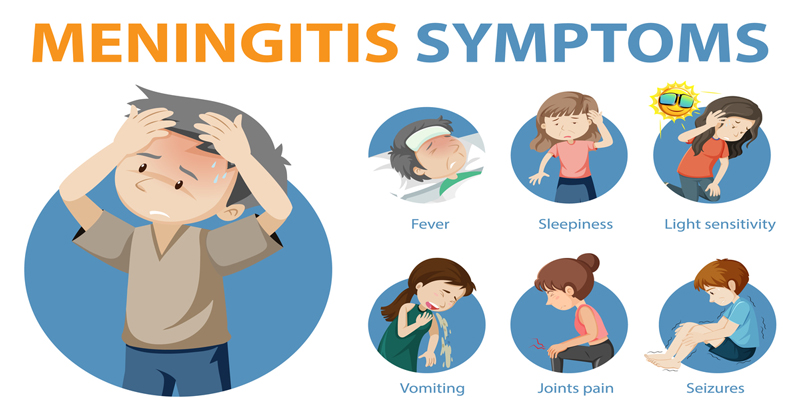Multiple Sclerosis Symptoms and Treatment
Aug. 18, 2023 #Multiple Sclerosis
Understanding Multiple Sclerosis
Multiple sclerosis (MS) is a chronic autoimmune disease that affects the central nervous system. It causes damage to the insulating covers of nerve cells in the brain and spinal cord, disrupting signal transmission and leading to a wide range of symptoms.
Key Points about Multiple Sclerosis:
- It damages the insulation of nerve cells in the brain and spinal cord therefore signal transmission is affected.
- Symptoms of multiple sclerosis can vary widely, including fatigue, difficulty walking, muscle weakness, coordination and balance problems, numbness or tingling in the limbs, muscle spasms, vision problems, and speech difficulties.
Living with MS can be challenging, but with the right treatment plan and support, individuals can lead fulfilling lives and maintain their overall well-being.
Exploring Treatment Options for Multiple Sclerosis
Although there is no cure for multiple sclerosis (MS), various treatment options are available to manage symptoms and slow down disease progression.
Key Points:
- Medication: Several medications are available to reduce the frequency and severity of multiple sclerosis relapses and slow down disease progression. These medications work by modifying the immune system and reducing inflammation.
- Physical therapy: Physical therapy can help improve strength, mobility, and overall physical function in individuals with MS. It can also address symptoms such as muscle weakness, difficulty walking, and balance problems.
- Occupational therapy: Occupational therapy focuses on maintaining independence and enhancing the ability to perform daily activities. It may involve strategies for conserving energy, adapting the environment, and using assistive devices.
- Lifestyle changes: Adopting a healthy diet and regular exercise can positively impact overall well-being and help manage MS symptoms. A diet rich in fruits, vegetables, whole grains, and lean proteins provides essential nutrients and supports immune system function. Regular exercise improves strength, flexibility, and cardiovascular health.
It is essential for individuals with multiple sclerosis, to communicate closely with their healthcare team to develop a personalized treatment plan that addresses their specific needs and goals. With the right treatment plan and support, individuals with multiple sclerosis can lead a normal life.
Prevalence and Diagnosis of Multiple Sclerosis
Multiple sclerosis (MS) is the most common autoimmune disorder that affects the central nervous system. It affects millions of people all over the world and is more prevalent in women and typically starts between the ages of 20 and 50.
Key Points:
- Multiple Sclerosis is the most common immune-mediated disorder that affects the central nervous system.
- Millions of people are affected by this disease globally.
- This disease is more common in women.
- Diagnosis is based on the presence of demyelinating lesions or plaques in the brain.
Diagnosing multiple sclerosis relies on the presence of demyelinating lesions in the central nervous system. This scars the tissue in the brain. The disease manifests with various neurological symptoms such as changes in sensation, muscle weakness, coordination and balance problems, visual issues, fatigue, and cognitive impairment. These symptoms prompt individuals to seek medical attention, leading to a diagnosis based on clinical evaluation and supporting medical tests.
Individuals experiencing symptoms suggestive of multiple sclerosis should consult a healthcare professional for a proper evaluation and diagnosis. Early diagnosis and intervention can optimize treatment outcomes and improve the quality of life for individuals living with MS.











COMMENTS